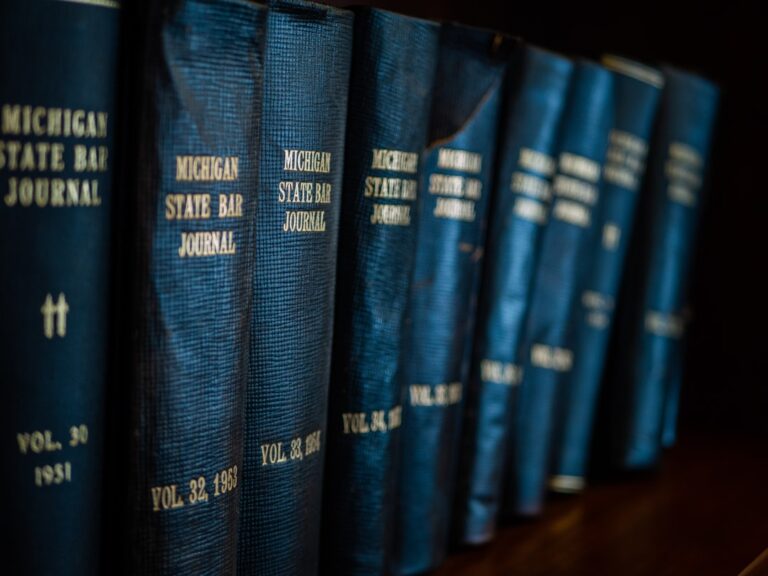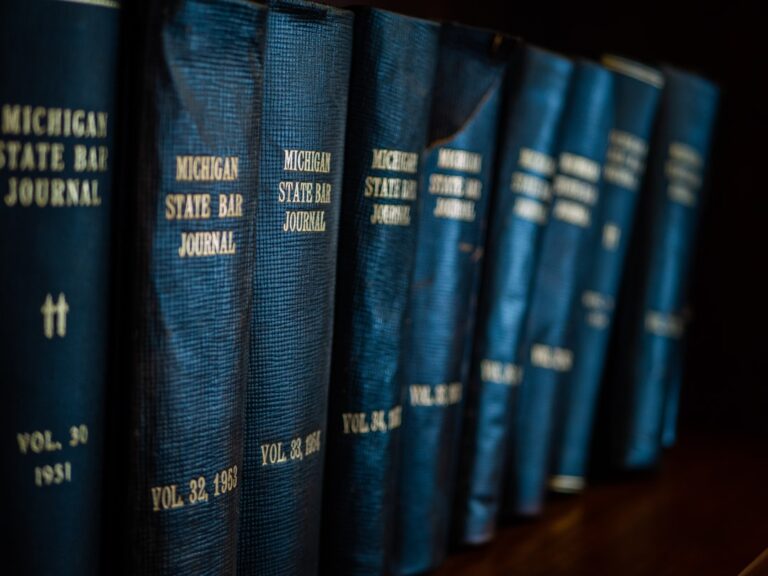California's Public Records Act empowers child sexual assault lawyers to access crucial evidence from police reports, court papers, and medical records for robust case building. A meticulous process begins with intake, involving gathering details, consulting experienced attorneys, and navigating public records to initiate comprehensive investigations in such sensitive cases.
In California, access to public records plays a pivotal role in investigating instances of child sexual abuse. This comprehensive guide navigates the legal landscape, empowering individuals and child sexual assault lawyers with essential knowledge for uncovering crucial evidence. We explore the vast array of public documents available, delve into the legal framework ensuring responsible access, and provide step-by-step instructions to initiate thorough investigations. By understanding these processes, we aim to support efforts in safeguarding children and holding perpetrators accountable.
Understanding Public Records in California

In California, public records play a crucial role in abuse investigations, especially for cases involving child sexual assault. These records are documents and information maintained by various government agencies that are open to inspection by the public under state law. This includes police reports, court documents, and other official papers that can provide vital clues and evidence in legal proceedings.
Child sexual assault lawyers in California often rely on these public records as a critical step in their investigations and legal strategies. They enable them to gather comprehensive information about potential cases, including historical data, patterns, and previous incidents, which can be instrumental in building strong legal arguments and ensuring justice for victims. Understanding how to access and interpret these records is essential for any lawyer specializing in this field.
Legal Framework for Accessing Records

In California, the legal framework governing access to public records is primarily structured by the state’s Public Records Act (Government Code § 6250 et seq.). This legislation guarantees citizens and authorized entities the right to inspect and copy government records, subject to certain exceptions. When it comes to abuse investigations, especially cases involving child sexual assault, this law plays a crucial role in empowering legal professionals, such as child sexual assault lawyers in California, to gather essential evidence.
The Public Records Act allows for access to a wide range of public documents, including those related to criminal investigations, court proceedings, and government agencies’ activities. For abuse investigations, relevant records may include police reports, medical records (with patient consent), court files, and documents from social services or other state agencies. California’s laws also specify the procedures for making requests, ensuring a transparent and accessible process. However, certain types of information are protected, such as personal health data and confidential law enforcement materials, to maintain privacy rights and public safety.
Steps to Initiate an Investigation

Initiating an investigation into potential child sexual assault cases requires a systematic approach, and understanding the process is crucial for anyone seeking justice in California. The first step is to gather comprehensive information about the alleged incident, including dates, locations, and involved parties. This initial phase involves thorough case intake, where details are meticulously documented to establish a solid foundation for further proceedings.
Once the basic facts are established, it’s time to consult with experienced child sexual assault lawyers in California. These legal professionals can guide individuals through the complex web of public records and laws, ensuring that all necessary documentation is obtained legally and efficiently. They play a pivotal role in navigating the system, especially when dealing with sensitive matters, ultimately fostering a robust investigation process.





